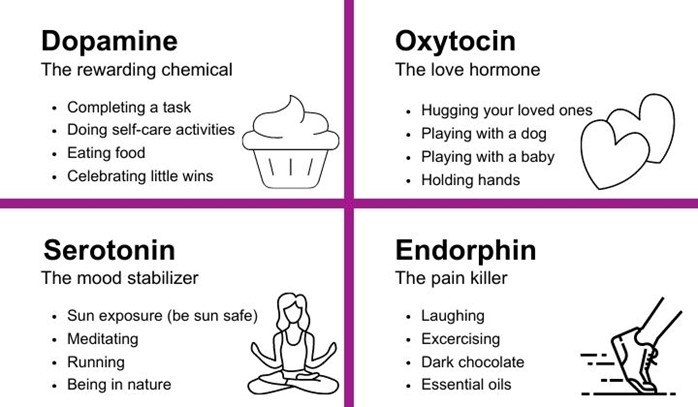A client who is hypotensive is receiving dopamine, an adrenergic agonist, IV at the rate of 8 mcg/kg/min. Which intervention should the nurse implement while administering this medication?
Assess pupillary response to light hourly.
Initiate seizure precautions.
Measure urinary output every hour.
Monitor serum potassium frequently.
The Correct Answer is C
Choice A: Assessing pupillary response to light hourly is not related to dopamine administration. Dopamine does not affect the pupils or the cranial nerves that control them.
Choice B: Initiating seizure precautions is not necessary for a client receiving dopamine. Dopamine does not lower the seizure threshold or cause convulsions.
Choice C: Measuring urinary output every hour is an important intervention for a client receiving dopamine. Dopamine increases blood pressure and cardiac output, which improves renal perfusion and urine production. Urinary output is an indicator of the effectiveness of dopamine therapy and renal function.
Choice D: Monitoring serum potassium frequently is not directly related to dopamine administration. Dopamine does not affect potassium levels or cause hyperkalemia or hypokalemia. However, potassium levels may be affected by other factors such as fluid balance, renal function, and medications.

Nursing Test Bank
Naxlex Comprehensive Predictor Exams
Related Questions
Correct Answer is B
Explanation
Choice A: Remove the catheter and palpate the client’s bladder for residual distention. This is not the best action, as it may cause discomfort and trauma to the client. The catheter should not be removed until the bladder is fully emptied or up to 1,000 mL of urine is drained, as removing it too soon may cause urinary retention or infection.
Choice B: Allow the bladder to empty completely or up to 1,000 mL of urine. This is the best action, as it can prevent bladder spasms, overdistention, or rupture. The nurse should monitor the urine output and color, and document the amount and characteristics of urine drained.
Choice C: Clamp the catheter for thirty minutes and then resume draining. This is not the best action, as it may cause pain and discomfort to the client. The catheter should not be clamped unless ordered by the healthcare provider, as clamping it may increase the risk of infection or bladder damage.
Choice D: Remove the catheter and replace with an indwelling catheter. This is not the best action, as it may cause unnecessary exposure and trauma to the client. The catheter should not be replaced unless ordered by the healthcare provider, as replacing it may increase the risk of infection or urethral injury.
Correct Answer is B
Explanation
Choice A: Recommending the use of support stockings to enhance venous return is not a priority intervention for the nurse, as this does not address the underlying cause of the peripheral edema, which is fluid overload due to inadequate dialysis. This is a distractor choice.
Choice B: Ensuring the client receives frequent small meals containing complete proteins is a priority intervention for the nurse, as this can help improve the client's nutritional status and increase their serum albumin level, which can reduce fluid leakage into the interstitial spaces and decrease edema. Therefore, this is the correct choice.
Choice C: Evaluating patency of the AV graft for resumption of hemodialysis is not a priority intervention for the nurse, as this is not feasible at this point since the AV graft is no longer available to use. This is another distractor choice.
Choice D: Instructing the client to continue to follow the prescribed rigid fluid restriction amounts is not a priority intervention for the nurse, as this does not address the root problem of inadequate dialysis and low serum albumin level, which are contributing to fluid overload and edema. This is another distractor choice.
Whether you are a student looking to ace your exams or a practicing nurse seeking to enhance your expertise , our nursing education contents will empower you with the confidence and competence to make a difference in the lives of patients and become a respected leader in the healthcare field.
Visit Naxlex, invest in your future and unlock endless possibilities with our unparalleled nursing education contents today
Report Wrong Answer on the Current Question
Do you disagree with the answer? If yes, what is your expected answer? Explain.
Kindly be descriptive with the issue you are facing.
